

NPSH, Total Dynamic Head and Best Efficiency Point are just some of the terminologies used during the pump selection process, but do you what they mean? Technical jargon can sometimes leave your head in a bit of spin, so if you want to learn the lingo and understand what these words mean, let us guide you through 27 terms that you're likely to come across when buying a pump!
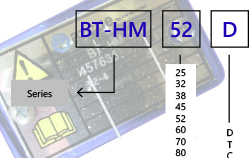
A pump name plate and the letters and numbers on it can tell you a lot about a pump (if you know what to look for)! A combination of two letters will give you the pump type and a further two letters will let you know if an additional priming pump is present. Following this are a selection of numbers and letters and these will give you an insight into the pumps specifications. Find out more in this handy guide on understanding pump model numbers.
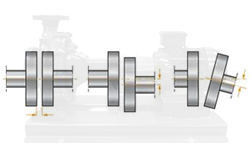
Understanding pump couplings - a complete guide. In this article we discuss everything you need to know about couplings; from what a coupling is, to the three different types available and the performance of each type. We also talk about the issue of misalignment, a factor which should always be considered when deciding which coupling is the right one for your application.
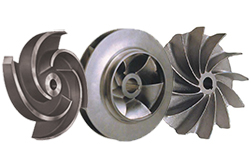
Impellers are an integral part of a centrifugal pump's operation. They come in varying shapes and sizes, offer an array of performance characteristics and are individually suited to different applications. Find out about the different types of impeller, the impact of diameter and what other factors need to be considered when choosing the right centrifugal pump for you.
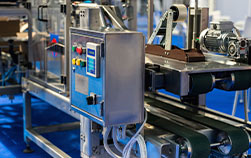
Labour costs are one of the most expensive overheads in any company. So are your engineers spending more time than necessary on operating the pump? If, so it is time to consider automating your pump and freeing up your employees' time for more value-added tasks and making your process more efficient. Read our article and find more about how you can automate your pump and how your process can benefit from pump automation.
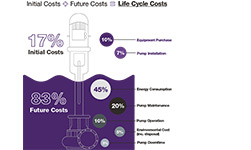
When selecting pumping solutions, the businesses usually are faced with budgetary pressures, which can affect their decision and make them choose not the most economical solution in the long term. Considering the upfront/initial costs without understanding the future running costs is a common mistake. To make sure you are buying a pump with the lowest long term cost, read this article and find more about the total life cycle cost of a pump.
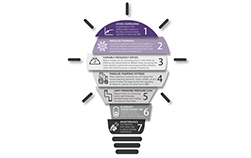
The environmental impact of activities, products and services is measured and monitored now more than ever, especially within the marine and industrial markets. This along with the ever increasing need to reduce costs, means energy efficiency is an important factor - especially where your pumping system is concerned. In this article we discuss 7 ways that you can improve the energy efficiency of your pump...
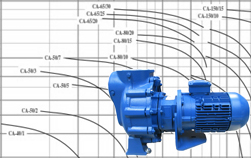
Pump curves are essential during the decision making process, as they provide the information you need in order to see whether the pump will perform how you need it to! In their most basic form, performance curves contain flow rate and pressure data. Being able to read a pump curve enables you to choose the right pump, rather than choosing one that could potentially cause damage, consume unnecessary energy or perform poorly.
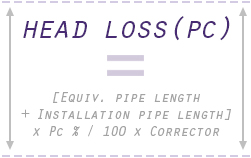
Head loss is an essential part of the preparation of looking for a pump with specific requirements. These head losses - also known as pressure losses - are sustained by the fluid as it flows through the pump and therefore can affect the pumping operation. Being such an important factor when making the decision on which pump to purchase, we have created this section for you to calculate the head loss within your application.
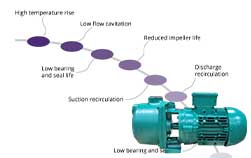
If you operate, maintain or specify centrifugal pumps then you will likely have heard of a pump curve and know that it is essential during the decision making process. However, what many misses to consider is the best efficiency point of the pump they are selecting, which can result in costly maintenance and downtime. So, read this article and learn more about what BEP is and what happens to your pump when you operate it too far left/right of the pump curve.
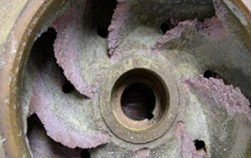
Ever wondered why you can't just have a pump that's suitable for all fluids? Well this article will explain why, and it's all down to chemical compatibility! One of the first questions you'll be asked when sourcing a pump, fitting or pipework is 'what fluid are you handling?', and this is because the fluid will determine what material the pump needs to be made of. This article will explain why chemical compatibility is such an important factor when choosing the best solution for your pumping requirements.

Doing a fluid compatibility check when sourcing a pump is one of the first things you need to think about! Certain fluid/material combinations can result in corrosion, swelling, brittleness, leaking and even the dissolving of the pump! So ensuring you have the right pump material for the fluid you want, is a must! This fluid compatibility table will give you the information you need to determine which material will suit your fluid best.
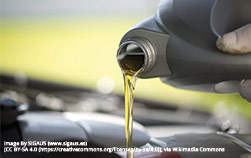
When specifying a pump for oil, we'll need to check what type of oil you'll be pumping. Viscosity is critical for pump selection, and with so many different types of oil it's no surprise that the range of viscosity can vary from oil to oil. Confirming the viscosity of the pumped medium will put you on track to getting the right pump for your application, and this article will explain in depth why knowing the viscosity is so important!
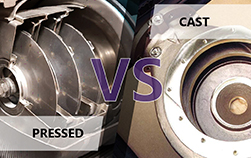
There are a number of differences between cast and pressed metals, but do you know how they could affect your decision when buying a pump? This article explains in depth what each type means as well as the pros and cons, so that you know which bits of information you should take into account when deciding on the best pump for your process.

A unit conversion tool for you to change product specifications into the units that you work with and know best. No more searching the internet for conversion tools that aren't precise or that you can't rely on, and no more trying your hand at tricky maths equations to figure it out. Here at Castle Pumps we've got it covered in just a few clicks!
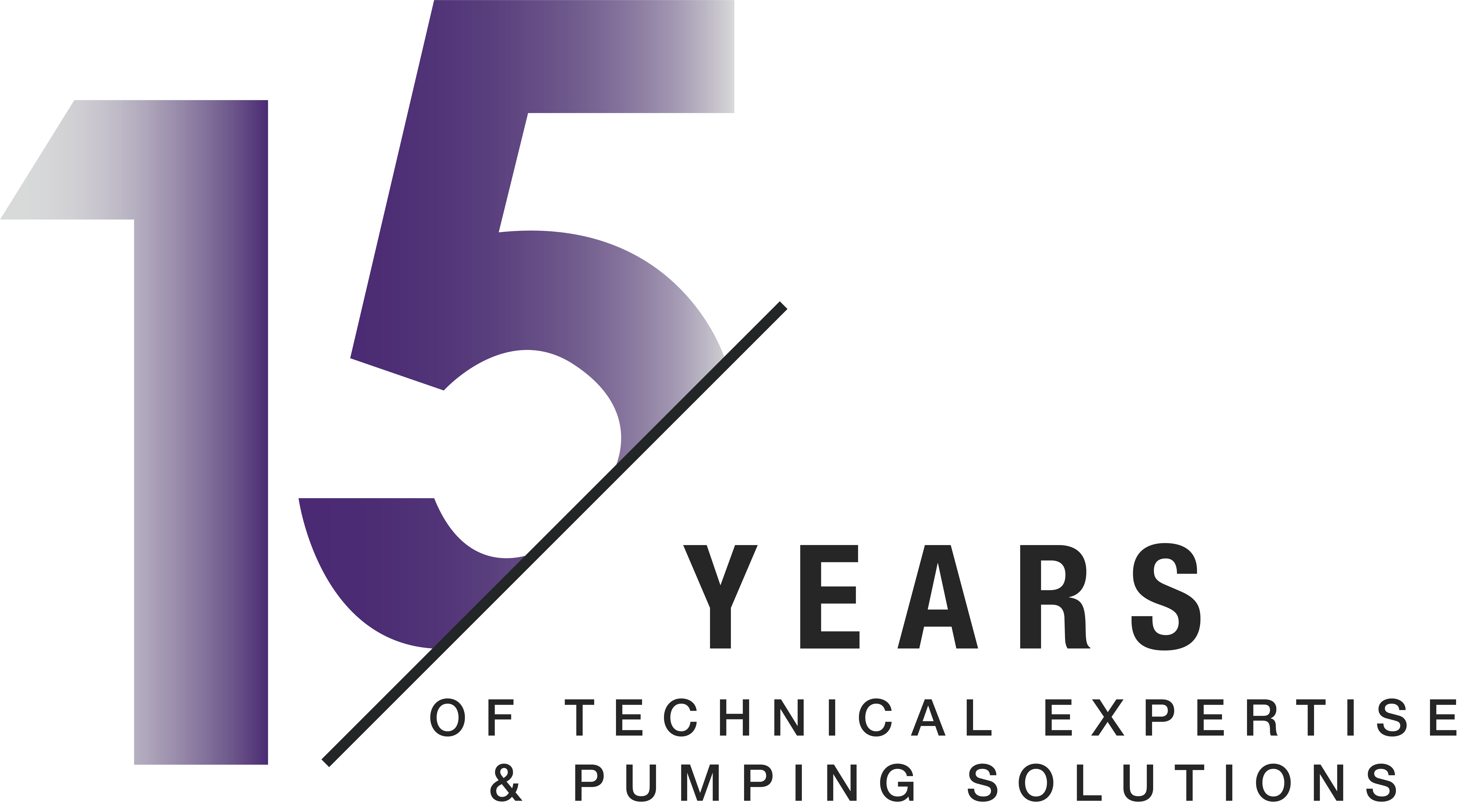
Castle Pumps are fully accredited to enable you to buy with confidence. Our accreditation includes:
![]() A division of the CTS Group, Part of Flow Max Ltd.
A division of the CTS Group, Part of Flow Max Ltd.